Working remotely has turned into the “new normal”, basically for years to come.
Some 1.5 billion individuals are currently working from a distance. It appears that an organization’s short-term move into a work-from-home turned into a reality, and numerous work environment specialists anticipate that an ever-increasing number of organizations will keep on depending on work from home even after this pandemic has passed.
Virtual work settings are not new. Organizations all over the planet were at that point accepting remote work to give representatives better work/life balance, decrease the carbon impression, and drive corporate efficiencies. Ordinary work-from-home courses of action have become 173% now and they began way back in around 2005. The push to far-off workplaces has revealed insight into IT needs to scale its security and data protection to workspaces, particularly when cyberattacks on corporate data keep on increasing.
Common Issues faced by employees working remotely
From the eyes of someone working in the information technology domain, there are a lot of unforeseen problems which have come up ever since the pandemic began. Before the pandemic, there were only a handful of companies that enabled their employees to work remotely. Here are the most commonly faced problems:
- Wifi networks and switches ordinarily found in many homes are more handily compromised than the encrypted ones in workplaces, which expands the danger of openness and coincidental spilling of corporate and client information.
- An ever increasing number of information is put away in the cloud and CASBs are fundamental components of cloud security procedures now like never before.
- Corporate VPNs are seldom hearty enough to match the development in the far off labour force getting to the organisation. This can make an efficiency bottleneck, which further entangles information assurance.
- Email trades will increase, because of the shortfall of in-person interchanges and numerous workers without a softphone, which likewise improves the probability that email will contain delicate data alongside expected individual information.
- The soaring utilisation of video conferencing apparatuses by far off workers has prompted a channel on transmission capacity in numerous districts, so individuals are compelled to depend on email for interchanges during peak hours.
When working from home the employees may fail to take the most basic precautions because of being in a new environment. Common mistakes that may happen such as employees forgetting to use corporate email only, they might send files over their personal email to get the work done faster, though faster a move as this puts the entire organization at risk and may lead to a potential data leak. Email is the most important means of communication for remote workers. According to an estimate, people will be sending 306.4 billion emails every day and the number is expected to rise up to 347.3 billion by 2023.
Things to remember for every employee working remotely:
- Companies need to come up with a remote worker security policy
Organisations ought to foster a work from home security strategy to invigorate and advise employees regarding what’s generally anticipated of them when working from a distance. Indeed, even representatives with sincere goals probably won’t know what they ought to do to secure themselves and to ensure delicate information and corporate resources. - Make sure you use a strong and secure internet connection
Utilizing an unstable Wi-Fi network is the most well-known method for presenting your organization to a data security break. Everybody comprehends the need to go out of the house every so often when working from home, and the bait of your nearby coffeehouse — with the comradery of other workers and your beloved hot refreshment — can be the ideal break. The last thing you need to do is deny representatives from working where they feel most invigorated and inspired. For this situation, the employees working from home simply should be instructed regarding how to ensure they can stay with the information secure.
The most straightforward arrangement is to expect workers to utilize a virtual private organization (VPN). Utilizing VPNs prior to marking on to public Wi-Fi organizations will encode the web traffic of the work from home employees and screen for any indications of contamination. work from home employees can in any case escape the house when they feel detached, and organizations can guarantee their information is secure. - Invest in a good password manager and use strong passwords
Password wellbeing is another somewhat simple method for ensuring your organisation’s information. Many individuals joke about password security, conceding they utilise a similar password for all the applications and devices, yet teaching workers about password security is vital to getting your organisation’s information safe.
Offering password security preparation can be one of the more advanced ways in online data protection preparation for employees. Start with the essentials of how to keep passwords intact and why it’s so critical to not utilize a similar one over and over once more. One more way for organizations and workers to alleviate this danger is by utilizing a secret key chief that can haphazardly create passwords for yourself and that stores every one of your passwords securely. Then, at that point, representatives will not have the everyday battle of recalling each of their various passwords for various projects and the organisation information can stay secure and positive. - Use 2 FA – 2 Factor Authentication
Tech giants like Google and Apple have already made it mandatory to use two-factor authentication as the acceptable mode for logging in to their systems and it is in turn helping them reduce the number of cyberattacks. Numerous organisations are moving to two-factor verification (2FA) for their information security executives. This strategy affirms a client’s character by first requiring a username and secret word, just as one more snippet of data, regardless of whether it be a response to a “secret inquiry” or maybe a PIN that was shipped off their cell.
Passwords can frequently be compromised or taken, however with 2FA, the odds of somebody likewise having the extra security question’s reply or a PIN is improbable. This additional layer in the security interaction can give work from home employees and their organisations the genuine serenity they need in this advanced age, when passwords simply aren’t enough any longer. To make it a stride further, organisations could move to multifaceted confirmation requiring extra checks that may incorporate biometrics like retina, voice or unique mark acknowledgment. The verification is most certainly more mind boggling – and more costly – yet everything will work out contingent upon the degree of safety an organisation’s needs. - Use an encryption software
Organisations and their work from employees can protect themselves. Assuming a representative’s gadget is taken or lost, the data on that gadget can observe its direction into some unacceptable hands and open the organisation to information breaks and weaknesses. Encryption programming can shield organisation information by banishing access from any unapproved clients of those gadgets.
Moreover, organisations ought to be careful that any projects utilised for visiting, email or applications ought to use start to finish encryption. Famous products like Microsoft Office and Adobe Acrobat, for example, can undoubtedly encrypt records and archives that your work from home employees use and offer with collaborators. - Invest in a good Anti-virus/malware software and use firewalls
Require work from home employees to have forward-thinking firewalls, antivirus programming, and against malware on the entirety of their gadgets — including cells and tablets, notwithstanding their PCs. Organizations may likewise need to consider being able to remotely wipe gadgets on the off chance that they are lost or taken. Cell phone the executives’ stages can perform most of these administrations, permitting work from home employees to keep on utilizing their own gadgets while guaranteeing the wellbeing of organization information.
This is an illustration of when a work from home employees may require help from their manager in ensuring their gadgets have these assurances introduced. Workers don’t all have a similar degree of specialized skill, so any organizations worried about their information security ought to be ready to offer specialized help. This could mean setting up organizations with neighborhood technical support administrations close to their work from home employees or building a unified inside technical support group that can walk representatives through the vital cycles. Remote work doesn’t need to risk information security. When work from home employees are taught and these top network safety methodologies are carried out, they can immediately become standard practices that everybody in an organization can focus on effortlessly — and everybody inside the organizations can feel certain that they are doing everything they can do to ensure the security of their boss’ information. - Avoid workflow roadblocks by planning ahead
Likewise, organisations might track down unnecessary barricades in their work process assuming that their frameworks are not designed for remote access. This can happen with Identity and Access Management frameworks, information misfortune counteraction frameworks or firewalls. Frameworks can act diversely relying upon where and how clients are getting to these applications or corporate organisation assets.
Conclusion
Area adaptability is one of the advantages of working from a distance. Yet, as working from home turns out to be all the more a standard practice, information security turns out to be even more of a worry. From representatives utilizing unstable Wi-Fi organizations to laborers conveying private papers with them to public areas, remote work has added extra degrees of safety considerations for organizations and their information. Organization pioneers and their workers need to acknowledge equivalent responsibility in doing what they can to secure their organization’s data. To begin, pioneers ought to teach workers about information security and how everybody is liable for ensuring it. They likewise need to start specific practices and techniques that will fortify information security inside their organizations. Work from home employees should likewise focus on information security instruction and safe practices, then, at that point, focus on those actions.



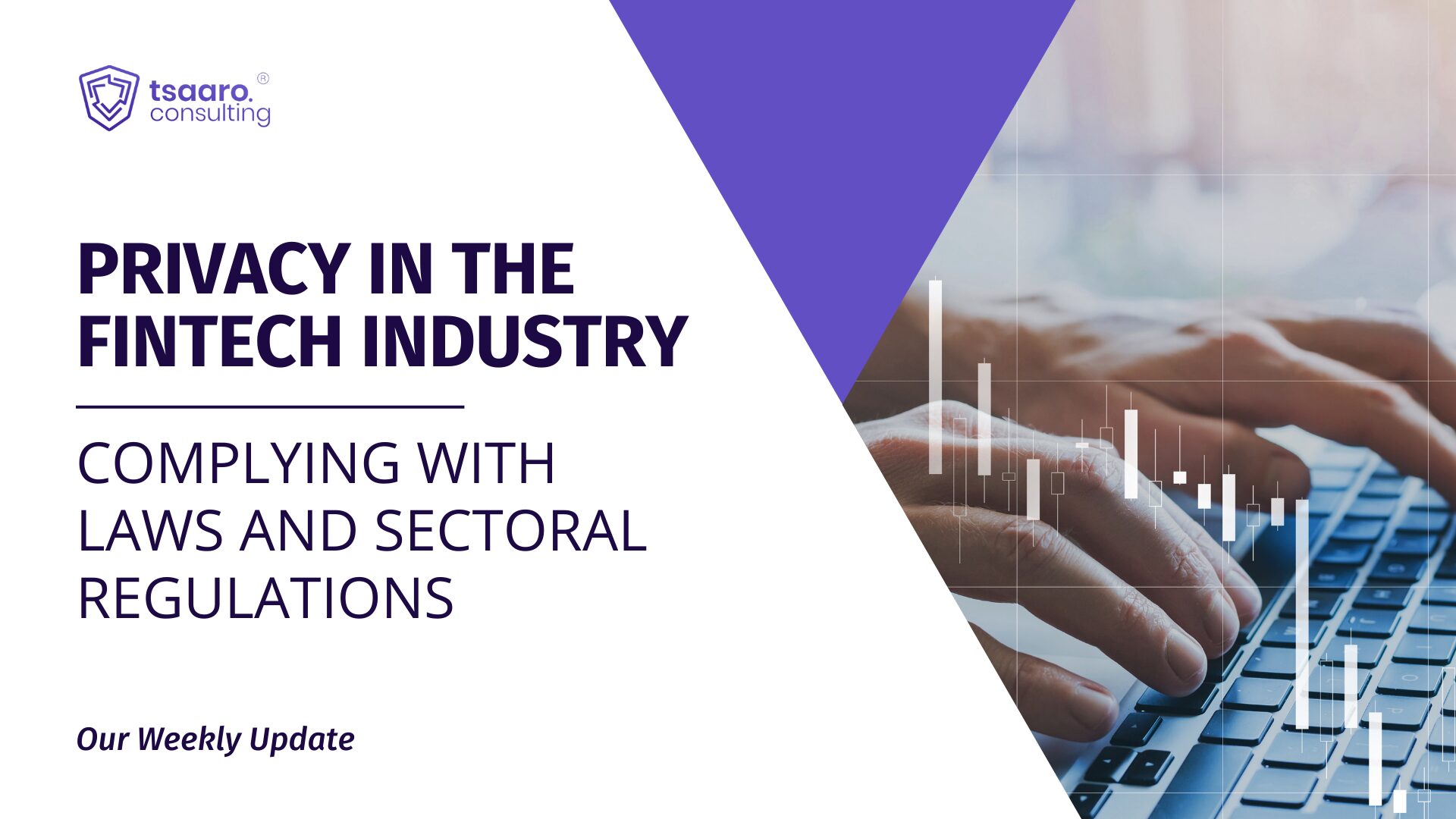
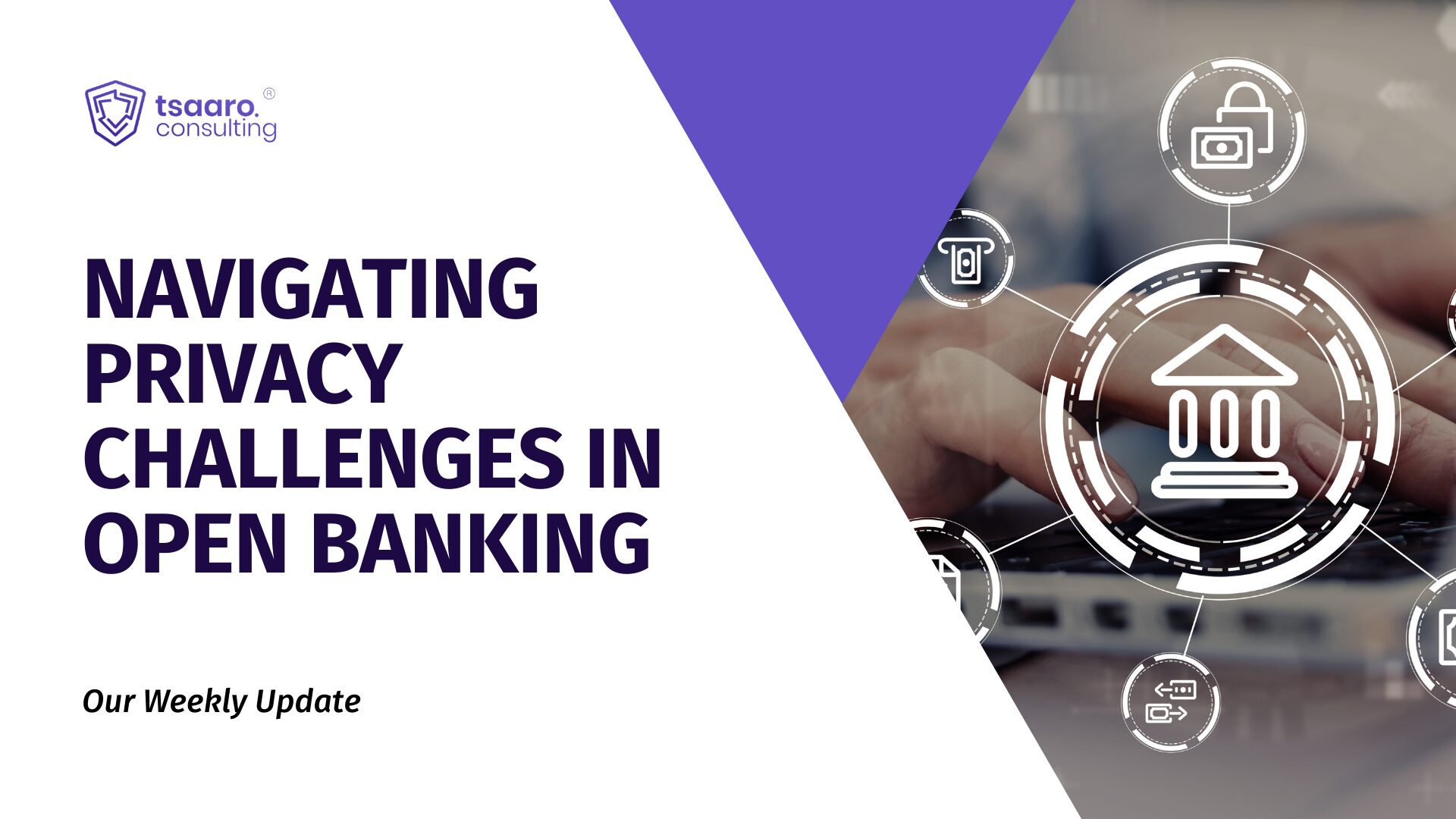

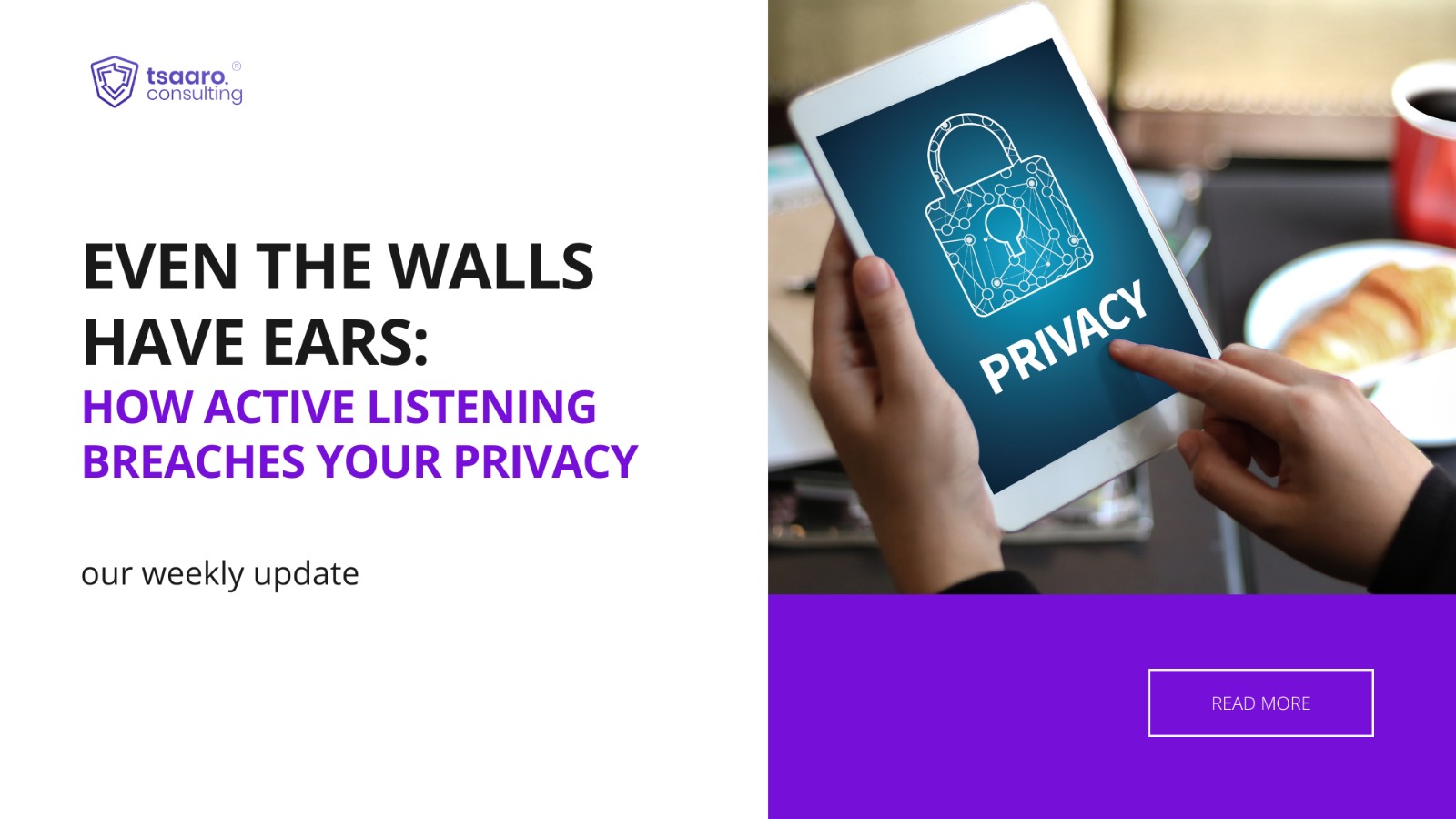

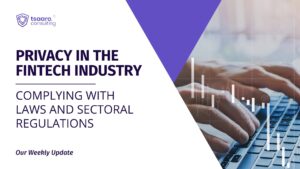
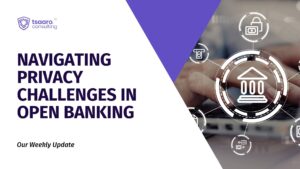


Very informative and funny! For those curious to know more, check out: FIND OUT MORE. Let’s discuss!